Mozambique: Chapo meets with head of DP World
Mozambique’s Development Bank expected to launch by year-end
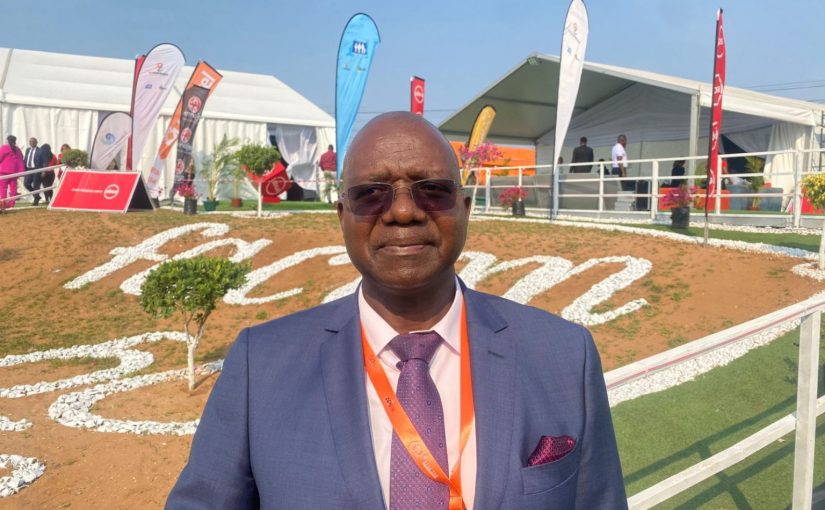
Photo: AIM
The government expects by the end of this year to finalise the creation of the Banco de Desenvolvimento de Moçambique (Development Bank of Mozambique – BDM), a financial institution created in response to the need for medium- and long-term financing for structural projects linked to industrialization and the valorisation of national resources.
This information was provided by the Coordinator of Reforms at the Ministry of Economy, João Macaringue, in an interview with AIM during the project’s socialization session, held yesterday in Maputo on the sidelines of the ongoing debates at FACIM 2025, an event that brought together representatives of national institutions, businesspeople and international partners.
According to Macaringue, the project is still in the initial phase of public consultation.
“We are kicking off the process. The next step will be to travel to all the provinces, gather input, systematize, and submit the project to the Council of Ministers, before moving on to final approval in parliament,” he explained.
According to the coordinator, the goal is to legalize the bank by next December, as well as have it approved by the National Assembly [parliament], with implementation expected to begin in 2026.
“The decision is that, by the end of this year, we will have the bank approved by parliament, so that implementation can begin next year,” he assured.
The governance model is inspired by the experiences of neighbouring countries, such as South Africa and Namibia, which shared practices and lessons learned during the socialization process. Representatives from the DBSA (Development Bank of Southern Africa) and Business Finance of Namibia were present, including the former CEO of the Development Bank of Namibia.
According to João Macaringue, one of the Development Bank of Mozambique project’s central points is to guarantee the bank’s independence and transparency in management, avoiding political interference.
“The study highlights the need for a governance structure that includes development agencies, ensuring credibility and alignment with major national objectives,” he emphasized.
For the government, this Development Bank will be crucial in transforming the discourse about Mozambique’s potential into tangible wealth for its citizens.
“We have gas, coal, rivers that run through the country, and a unique geostrategic position, but all of this can only be exploited if there is the capacity to invest and transform resources into value,” Macaringue stressed.
He also argued that the new bank must be capable of attracting international capital to complement its limited domestic resources.
“A country like ours cannot create a bank of this size alone. We need to aggregate capital from various development institutions and adapt it to Mozambique’s economic reality,” Macaringue stated.
In this regard, potential strategic partners could include institutions such as the DBSA and other international entities.
READ: Mozambique moves forward in establishing a National Development Bank
Experts emphasize that the Development Bank of Mozambique will play a crucial role in mobilizing long-term financing for priority sectors such as energy, agriculture, transportation, housing and industrialization. Its creation represents a decisive step towards the country’s shift away from relying solely on revenue from raw material exports and toward local transformation and domestic value generation.
“This bank will enable Mozambique to move from potential to tangible results,” concluded João Macaringue.



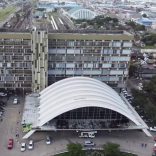
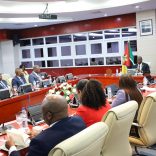

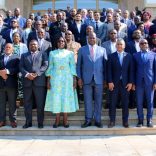
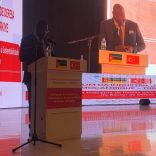




Leave a Reply
Be the First to Comment!
You must be logged in to post a comment.
You must be logged in to post a comment.